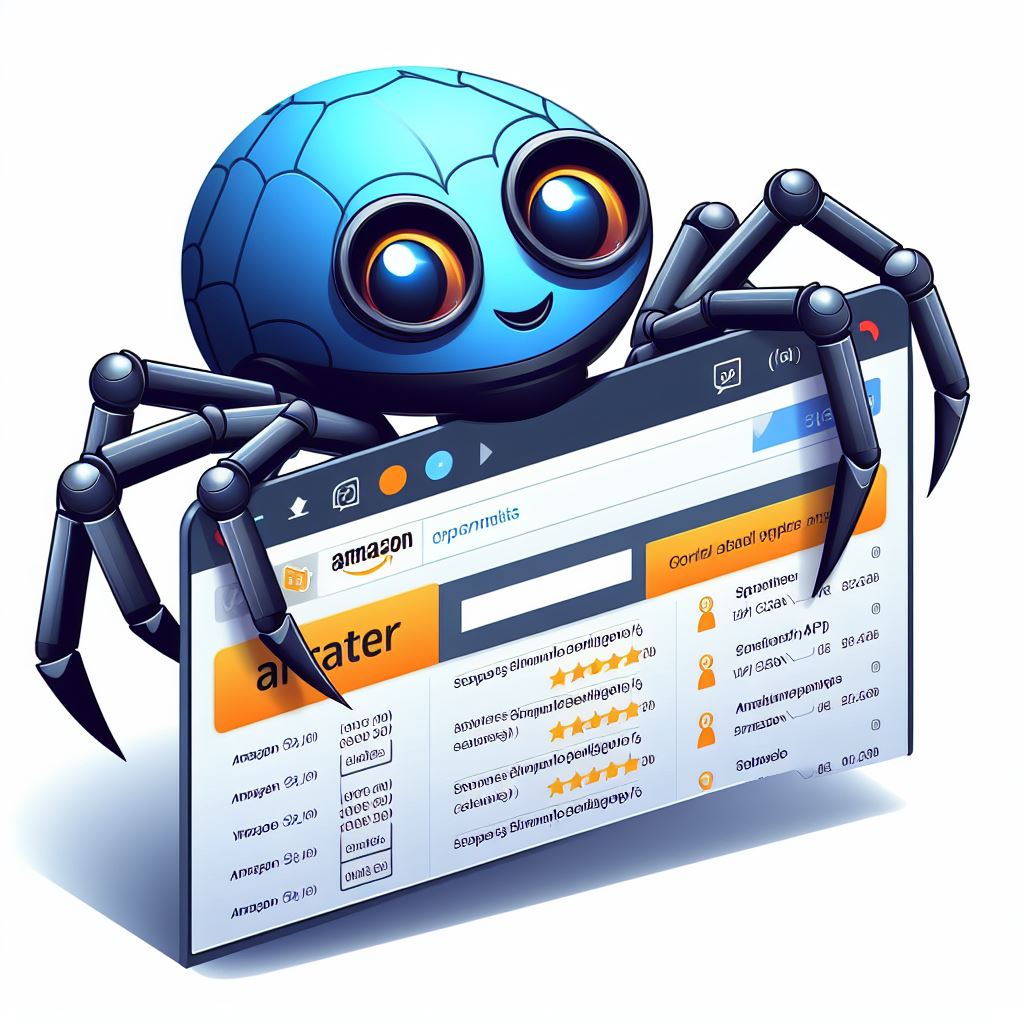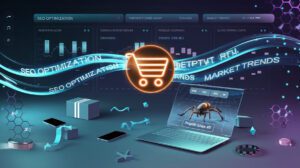What is Web Data Collection and
What is Web Data Collection and Web Data Scraping API Tools?
Tools?
Web Data Collection refers to the process of retrieving, extracting, cleaning, transforming, and storing data from the internet or other data sources.
The purpose of data collection is to analyze, mine, display, or utilize data to obtain valuable information or knowledge.
Data collection finds applications in various business activities, including market research, competitive analysis, price monitoring, product evaluations, sentiment analysis, customer profiling, recommendation systems, and advertising.
Methods of Data Collection
There are two main methods of data collection: active and passive.
Active data collection involves sending requests to target websites or data sources to retrieve data, using methods such as web scraping, APIs, and RSS.
Passive data collection involves utilizing data actively pushed or publicly available from target websites or sources, using methods like Webhooks, Websockets, and Server-Sent Events (SSE).
Challenges of Data Collection
Data collection faces challenges such as data quality issues, dealing with large data volumes, ensuring data security, and overcoming the technical complexity of the process.
Introducing Scrape API
Scrape API is an active data collection method, a cloud-based service provided by Pangolin.
Key features include automatic data collection from target websites using provided URLs, with results returned in JSON or CSV format.
Scrape API stands out for its no-code, low-threshold approach, ensuring high success rates and simplicity, making it a one-step solution for obtaining the required data.
Key Features of Scrape API
Scrape API offers features like collecting data based on postal codes, using simulated user behavior to bypass anti-scraping measures, and flexible billing based on successful requests, reducing the cost and risk of data collection.
Pros and Cons of Data Collection Methods, Thresholds, and Target Users
Below is a comparison of different data collection methods based on their advantages, disadvantages, thresholds, and suitable user groups:
| Method | Pros | Cons | Threshold | Suitable Users |
|---|---|---|---|---|
| Web Scraping | High customizability and flexibility | Risk of anti-scraping measures; resource and time-consuming | Requires programming and deep understanding of target sites | Users with technical background and specific data needs |
| API | Standardized interface, format | Dependency on target site’s interface; may be limiting | Requires knowledge of API documentation and parameters | Users with technical background and specific data needs |
| RSS | Timely data updates; concise content | Limited data content | Requires knowledge of target site’s RSS feed | Users interested in real-time information |
| Webhook | Real-time data; efficient | Dependency on target site’s support and stability | Requires understanding of Webhook mechanisms and parameters | Users interested in real-time information |
| Websocket | Real-time data; efficient | Dependency on target site’s support and stability | Requires understanding of Websocket protocol and parameters | Users interested in real-time information |
| SSE | Real-time data; efficient | Dependency on target site’s support and stability | Requires understanding of SSE protocol and parameters | Users interested in real-time information |
| Scrape API | No-code, low threshold; high success rate | Dependency on Scrape API service; low control | Only requires target site’s URL; no other technical knowledge needed | Enterprises with significant data collection needs, users with data requirements but no dedicated collection team |
Future Trends in Data Collection Industry
The future of the data collection industry may see trends towards intelligent data collection, collaborative approaches, and personalized data collection.
- Intelligent Data Collection: Increasing reliance on AI and machine learning technologies to enhance efficiency, quality, and value of data collection.
- Collaborative Data Collection: More emphasis on multi-party collaboration and data sharing to improve scalability, diversity, and security.
- Personalized Data Collection: Greater focus on tailoring data collection to user preferences and needs, improving flexibility, customization, and satisfaction.
The data collection industry’s future is full of opportunities and challenges, requiring continuous learning and innovation to adapt and lead its development.






